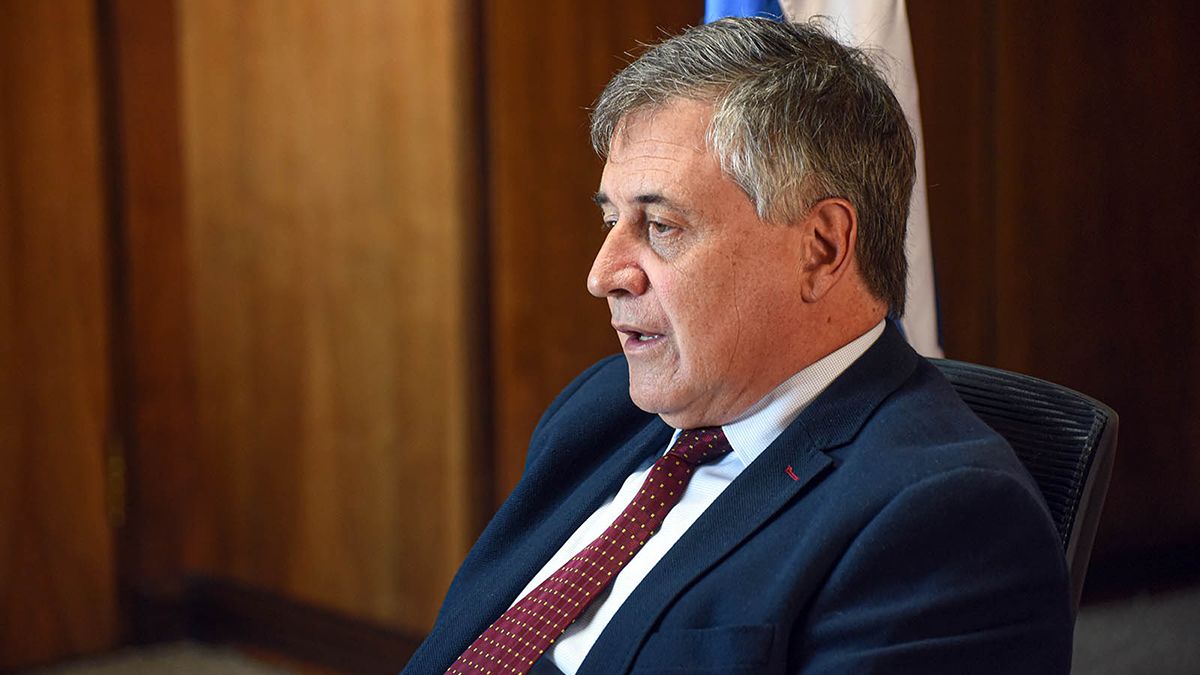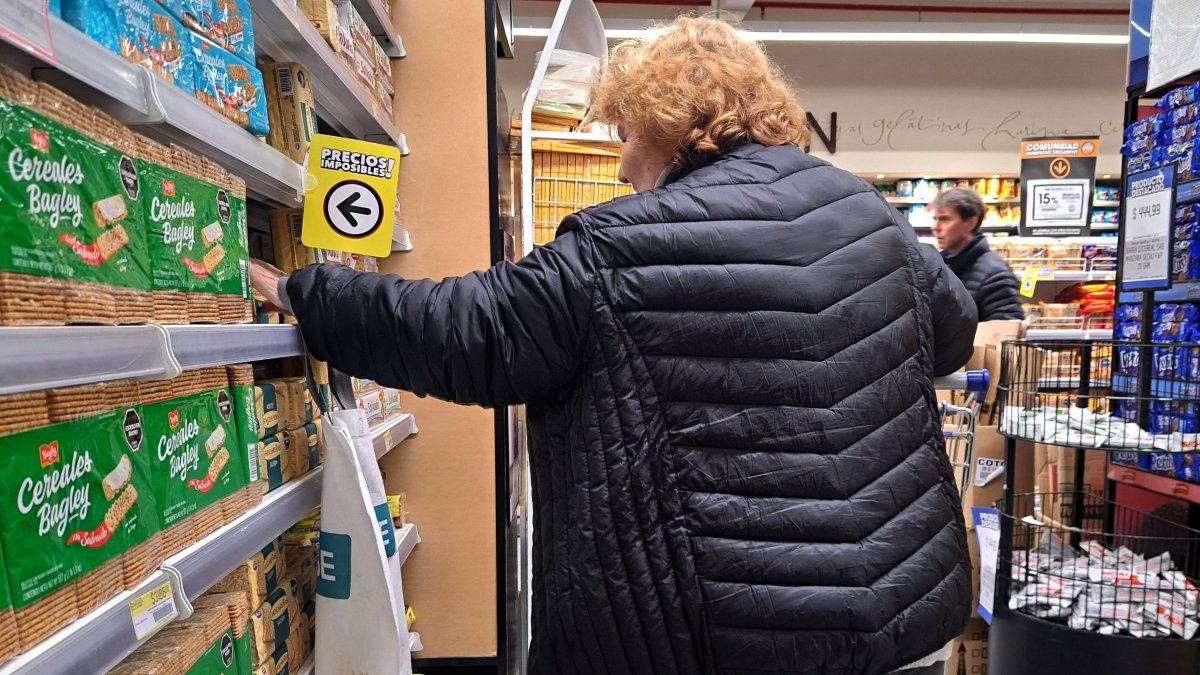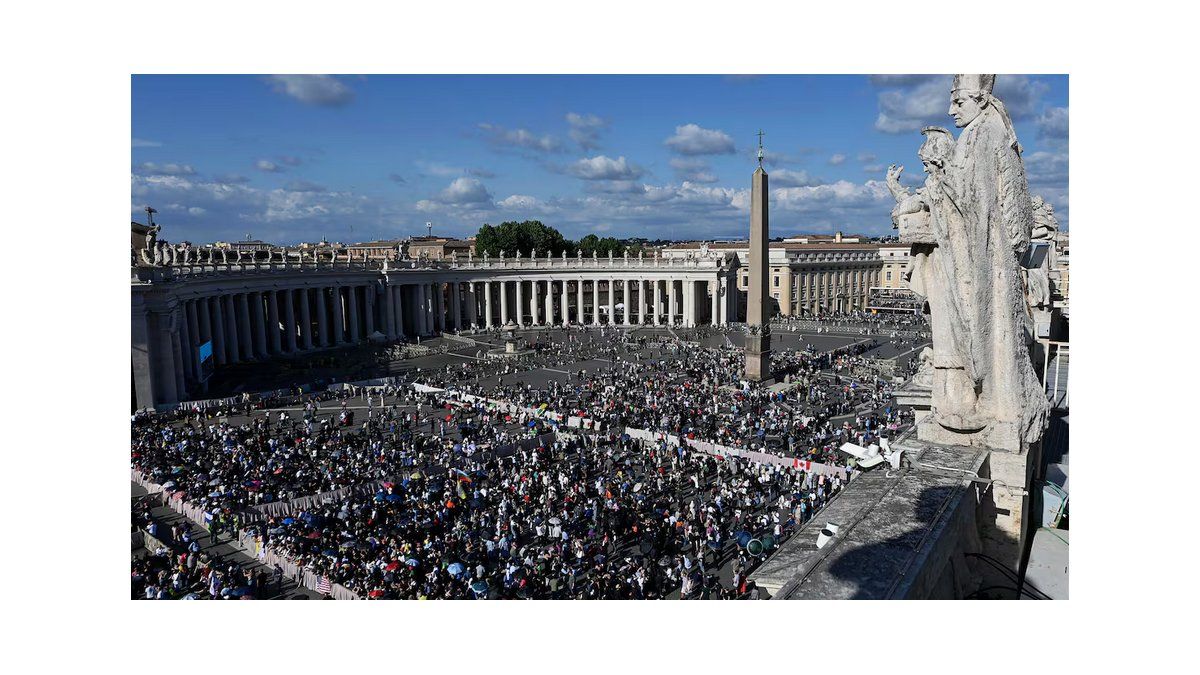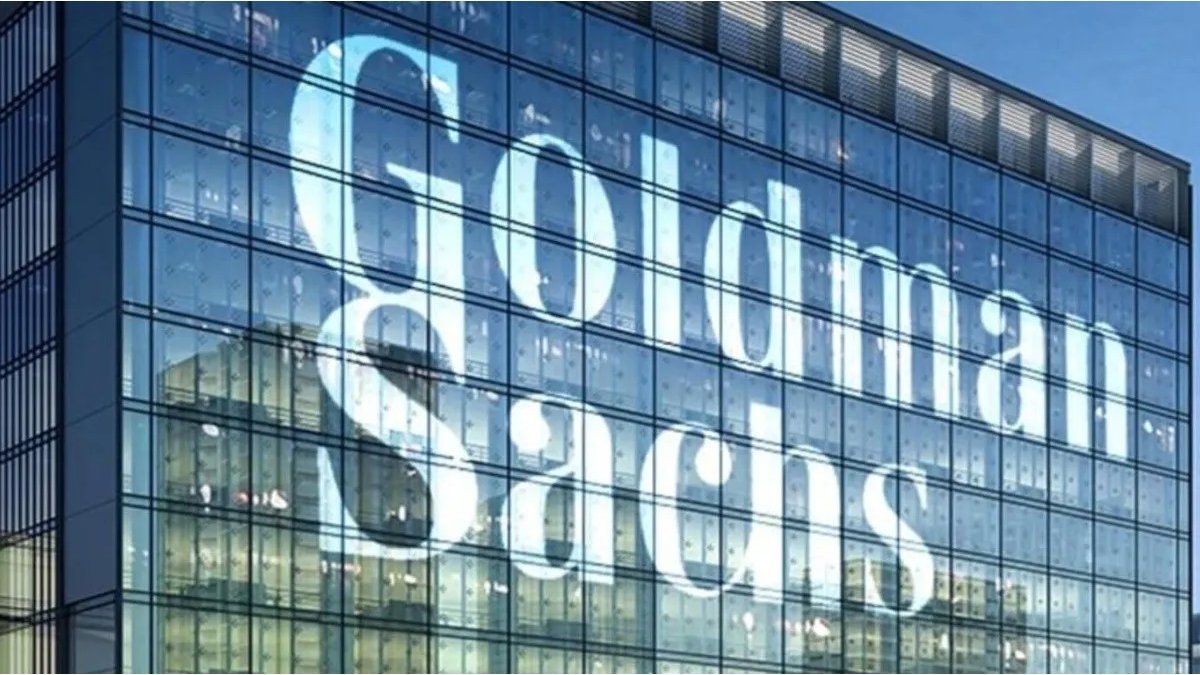He Minister of Foreign Affairs (MRREE), Omar Paganiniregretted the new delays that arose in the agreement process between the Southern Common Market (Mercosur) and the European Union (EU), and assured that it should have been closed last year, when the conditions between both blocks were more favorable.
This Sunday, within the framework of the LXIV Meeting of the Common Market Council of Mercosur held in Asuncion (Paraguay), the Uruguayan foreign minister stated in this regard: “We should have closed this negotiation last year.”
Referring to the external negotiations of the South American bloc, Paganini mentioned that the potential Mercosur-EU agreement is seen as “once again delayed” and “with great uncertainty.”
In this regard, he said that the current development of the negotiations is “very much against the interests” and “the Uruguayan vision,” and recalled that last year “the conditions were right after so many years.” “The outlook for the rest of the year is far from better and was foreseeable,” he added.
“We have said it in this administration and the previous government also said it at the time: this negotiation was practically closed and we should not have taken the risk of reopening it,” the minister emphasized.
“Without prejudice to this, we remain firmly committed to promptly resuming discussions on pending issues, with a view to concluding this process, which is a priority both economically and geopolitically. You can count on us to speed up the process,” he concluded on the subject.
Paganini also negatively assessed the stagnation of negotiations with the European Free Trade Association (EFTAa bloc that recently sealed a deal with India. “Negotiations on pending issues are not progressing to the extent of the expectations of the Uruguay“, he stressed.
However, the diplomat welcomed the rapprochement of the Mercosur to the United Arab Emirates (UAE) and progress on a front that is “especially important” for the Uruguay.
Uruguay warned of the lack of a commercial “safety net” and high tariffs
In another order, Paganini warned of the need for the South American bloc to weave a “commercial containment network” that “guarantees conditions of access and certainties for investment” in the face of the “erosion of multilateralism and growth of geopolitical tension.” “There is an urgency there, as has been pointed out Uruguay for decades,” he insisted.
“Our region is one of the world’s greatest bioeconomic powers. We can contribute a lot to the necessary energy transition and food security at a global level. We are already the largest net exporter of healthy, traceable and sustainable food,” he said.
“If the world did not have the countries of the Mercosur “As a source of animal or vegetable proteins or as suppliers of renewable energy and biofuels, the economic and environmental cost would be immeasurable,” he stressed.
In turn, he invited a reflection on the high tariff charges: “How and why, being the main net agro-exporting power worldwide, are we also the area that faces the highest tariff rates for the food we produce? How is it possible that in China, Japan, Korea, Middle East, Canada, Europe and so many other commercial destinations, our food is the one that pays the highest rate?”
Source: Ambito




